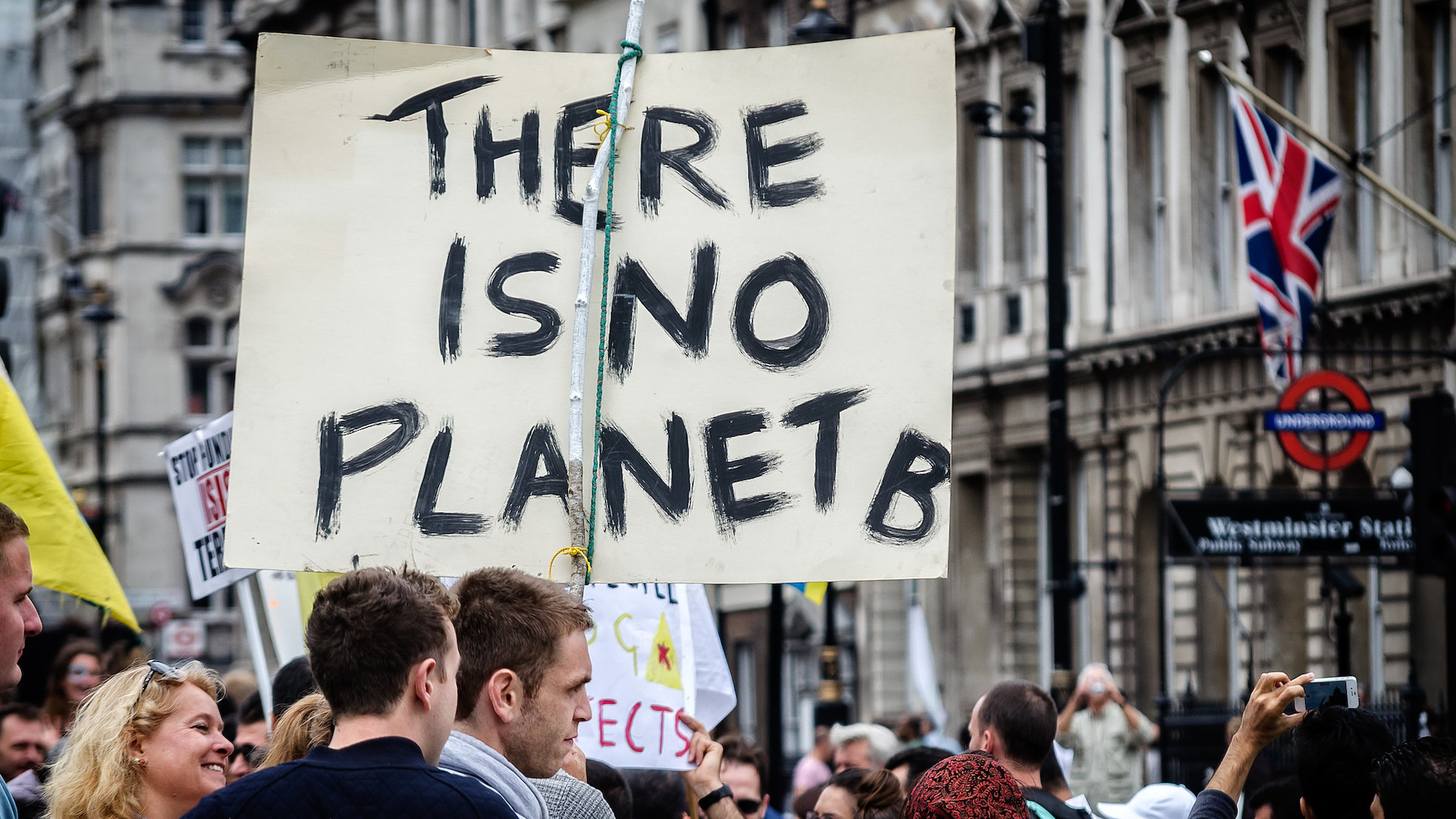The International Energy Agency said earlier this year that investment in fossil fuel production should stop this year if countries are to hit urgent climate targets, but the UK government has yet to rule out giving away new licences to oil and gas companies.
Tax breaks for these companies are making the UK “the most profitable country in the world for oil companies to develop big offshore fields”, according to analysis by Rystad Energy. The Paid to Pollute campaigners claimed the OGA’s interpretation of its duty to “maximise economic recovery” of the industry does not take into account the billions of pounds in public money paid into the production of North Sea oil and gas.
“With climate change high on the public agenda, our clients are perfectly entitled to ensure that the government is sticking to its commitments on net-zero emissions,” said Rowan Smith, solicitor at law firm Leigh Day which is managing the case.
“They believe that the OGA’s strategy unlawfully contradicts these commitments, and unlawfully allows production of oil and gas that does not benefit the UK economy as a whole. The Court agrees that this is arguable and warrants a full hearing.”
The UK government has paid £3.2bn in subsidies and reduced tax rates to companies in the oil and gas industry since it signed the Paris Agreement, a legally binding treaty in which world leaders agreed to work to prevent global temperature from rising no higher than 1.5°C between 2030 and 2050. BP received a net £675m from the government after tax between 2015-2019, according to the campaigners.
“The oil and gas industry needs deep, structural change that winds down production and invests in low carbon industries,” said Jeremy Cox, a former oil refinery worker and one of the three claimants.
“We can’t do this while pumping billions into oil and gas to extract more and more fossil fuels.
“Companies like Shell and BP have been paid to pollute for too long. Two thirds of the UK public think we should redirect that support to green industry. What are we waiting for?”
Environmental non-profit Uplift, which is coordinating the Paid to Pollute campaign, surveyed more than 2,300 UK adults and found 63 per cent want ministers to redirect fossil fuels cash to low-carbon industries such as wind and solar power. Using renewable energy for electricity costs half as much as using fossil fuels, according to new research by think tank Ember.
Greenhouse gas emissions from existing fossil fuel projects will push global warming close to 2°C by 2050, according to researchers at Oil Change International, which experts said would put “hundreds of millions” of people at risk.
“The UK government repeatedly puts the interests of oil industry capital above the labour that creates it and, in fact, above all of our collective wellbeing as residents of the planet,” said Kairin ban Sweeden, an organiser for SNP Common Weal and daughter of a Scottish oil worker.
“Serious, committed environmental stewardship would see public money spent on a just transition right now, including funding for retraining and re-skilling towards new, green, stable jobs. The funnelling of public money into the big polluters’ pockets must be fiercely rejected by us all.”
The government has until August to submit its defence, with the hearing expected later this year and a High Court decision in early 2022.









